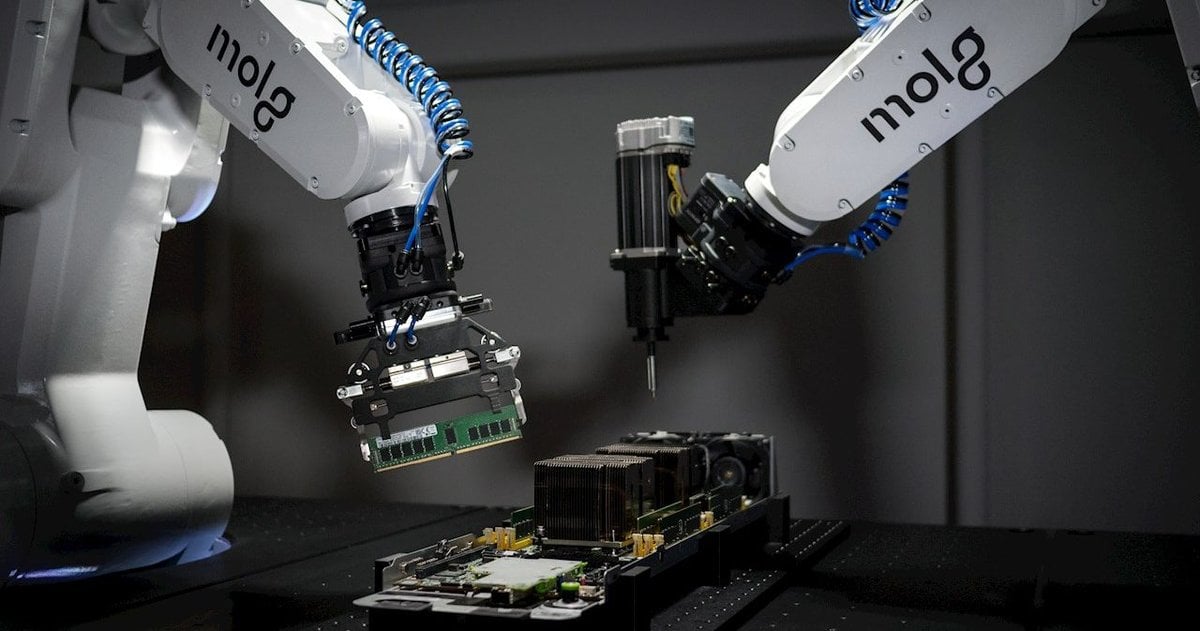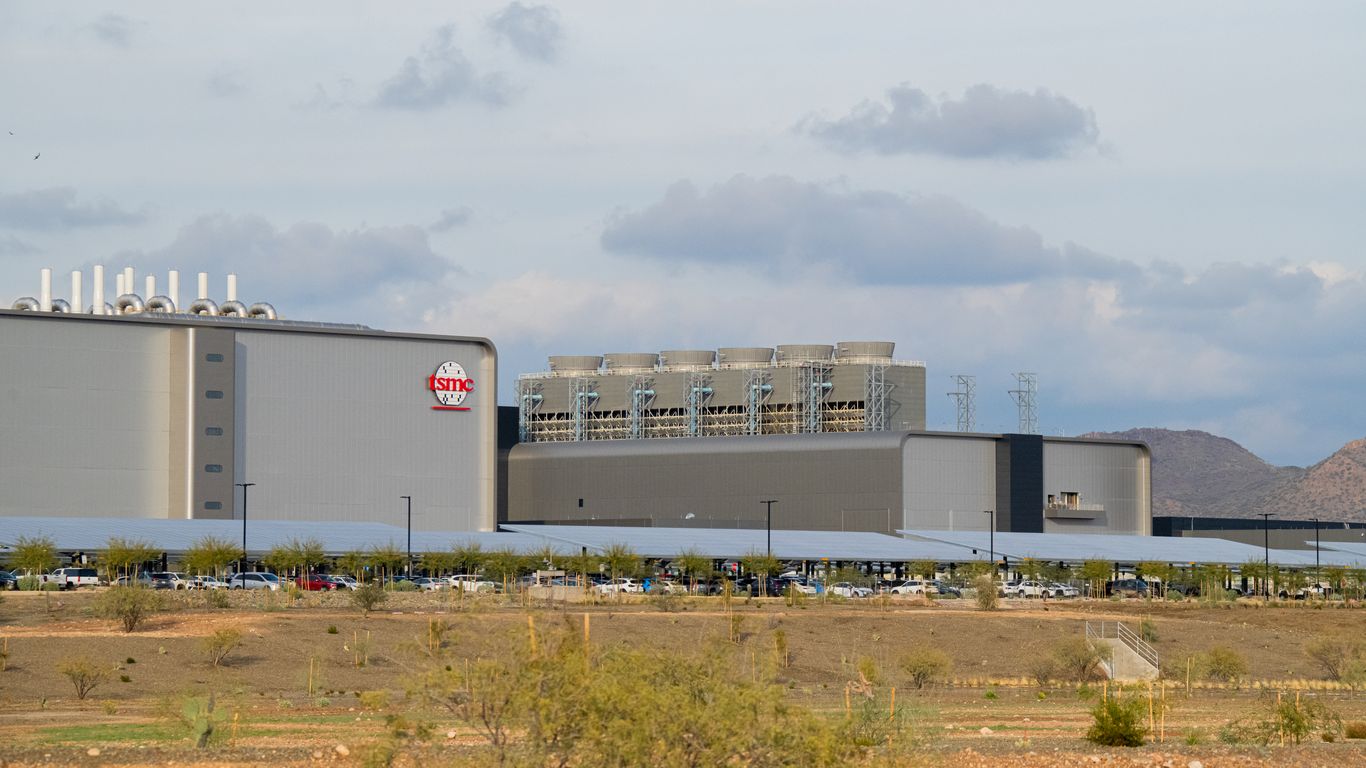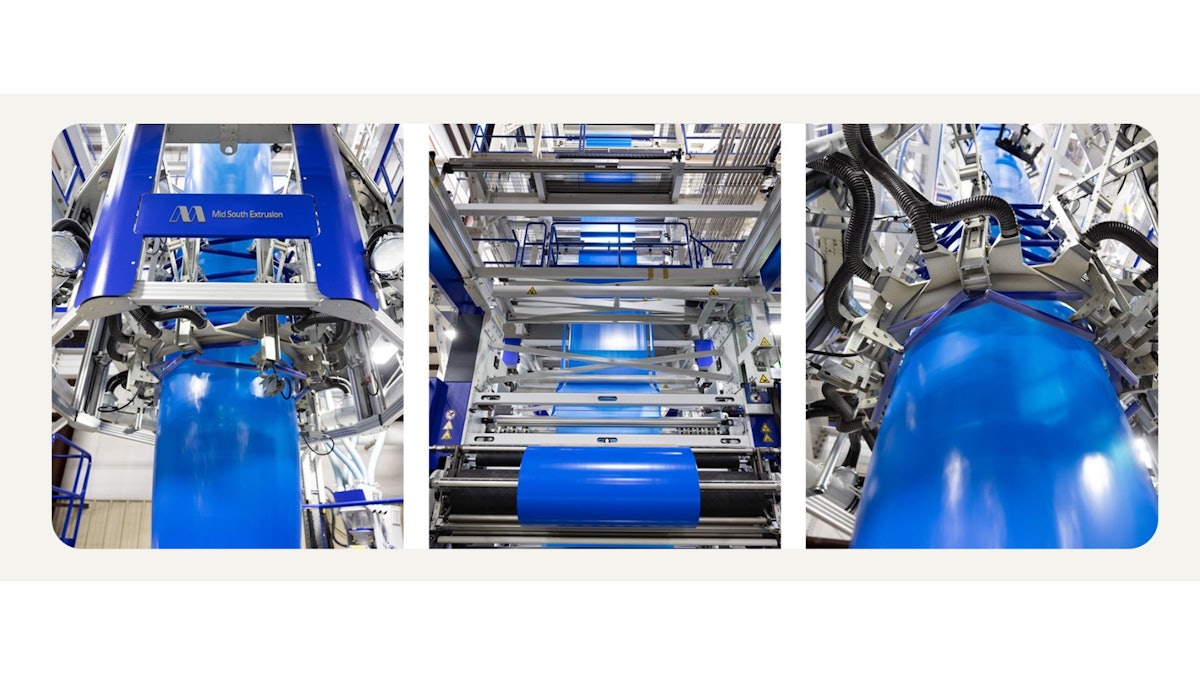Supply Chain Revolution: Manufacturing Sector Poised to Explode to $52.4 Billion by 2032
Manufacturing
2025-04-08 14:16:00Content

Global Supply Chain Management Market Set to Soar to $52.4 Billion by 2032
The manufacturing sector is witnessing a transformative shift in supply chain management, with recent market research revealing an impressive growth trajectory. A comprehensive report by Meticulous Research® forecasts the global supply chain management (SCM) market to surge to an estimated $52.4 billion by 2032, representing a robust compound annual growth rate (CAGR) of 10.4% from 2025 to 2032.
This substantial market expansion is driven by several key factors, including technological advancements, increasing automation, and the growing complexity of manufacturing supply chains across various industries. The research highlights significant opportunities in multiple components, including:
- Software solutions
- Hardware and automation technologies
- Professional services
Critical end-user sectors propelling this growth include:
- Automotive manufacturing
- Electronics and semiconductor industries
- Pharmaceutical supply chains
As businesses continue to prioritize efficiency, transparency, and resilience in their supply chain operations, the market is poised for unprecedented expansion and technological innovation.
Manufacturing's Digital Revolution: Supply Chain Management's Trillion-Dollar Transformation
In an era of unprecedented technological disruption, the manufacturing sector stands at the precipice of a transformative journey, where supply chain management emerges as the critical linchpin driving unprecedented operational efficiency and strategic innovation.Navigating the Future: How Smart Technologies Are Reshaping Industrial Logistics
The Technological Convergence in Manufacturing Ecosystems
The contemporary manufacturing landscape is experiencing a profound metamorphosis, driven by sophisticated technological integrations that transcend traditional operational boundaries. Advanced supply chain management solutions are no longer mere operational tools but strategic assets that enable organizations to navigate complex global markets with unprecedented agility and precision. Emerging technologies like artificial intelligence, machine learning, and blockchain are fundamentally reconstructing supply chain architectures, creating intelligent, adaptive systems capable of real-time decision-making and predictive analytics. These innovations enable manufacturers to anticipate market fluctuations, optimize resource allocation, and mitigate potential disruptions with remarkable accuracy.Economic Dynamics and Market Projections
Comprehensive market research indicates a remarkable trajectory for supply chain management technologies, with projected market valuations expected to surge dramatically. By 2032, industry experts anticipate the global supply chain management market in manufacturing will reach an impressive $52.4 billion, representing a robust compound annual growth rate of 10.4% between 2025 and 2032. This exponential growth reflects the increasing complexity of global manufacturing ecosystems and the critical need for sophisticated technological solutions that can seamlessly integrate disparate operational components. Sectors such as automotive, electronics, semiconductor, and pharmaceutical industries are at the forefront of this transformative wave.Technological Components Driving Transformation
The supply chain management revolution encompasses a multifaceted approach, integrating advanced software solutions, hardware innovations, and comprehensive automation strategies. Cutting-edge software platforms provide real-time visibility, predictive analytics, and intelligent workflow management, while sophisticated hardware and automation technologies enable unprecedented levels of operational efficiency. Manufacturers are increasingly investing in modular, scalable technological infrastructures that can adapt to rapidly changing market dynamics. These solutions offer granular insights into inventory management, logistics optimization, and demand forecasting, empowering organizations to make data-driven strategic decisions.Sectoral Impact and Strategic Implications
Different industrial sectors are experiencing unique transformations through advanced supply chain management technologies. The automotive industry, for instance, is leveraging these innovations to create more responsive and resilient manufacturing ecosystems, while pharmaceutical companies are utilizing sophisticated tracking and traceability solutions to ensure product integrity and regulatory compliance. The semiconductor and electronics sectors are particularly positioned to benefit from these technological advancements, with supply chain management solutions offering unprecedented levels of precision and efficiency in complex, globally distributed manufacturing networks.Future Outlook and Strategic Considerations
As manufacturers navigate increasingly complex global landscapes, supply chain management will continue to evolve from a purely operational function to a strategic competitive advantage. Organizations that successfully integrate advanced technological solutions will be better positioned to respond to market disruptions, optimize resource allocation, and drive sustainable growth. The convergence of artificial intelligence, machine learning, and advanced analytics will further accelerate the transformation of supply chain management, creating more intelligent, adaptive, and resilient manufacturing ecosystems that can thrive in an increasingly unpredictable global environment.RELATED NEWS

Tech Titan's Massive Bet: Apple Unleashes $500B Manufacturing Blitz Across America

Chip War Twist: TSMC Mulls Rescue of Intel's Foundry Empire in Bold U.S. Manufacturing Gambit






